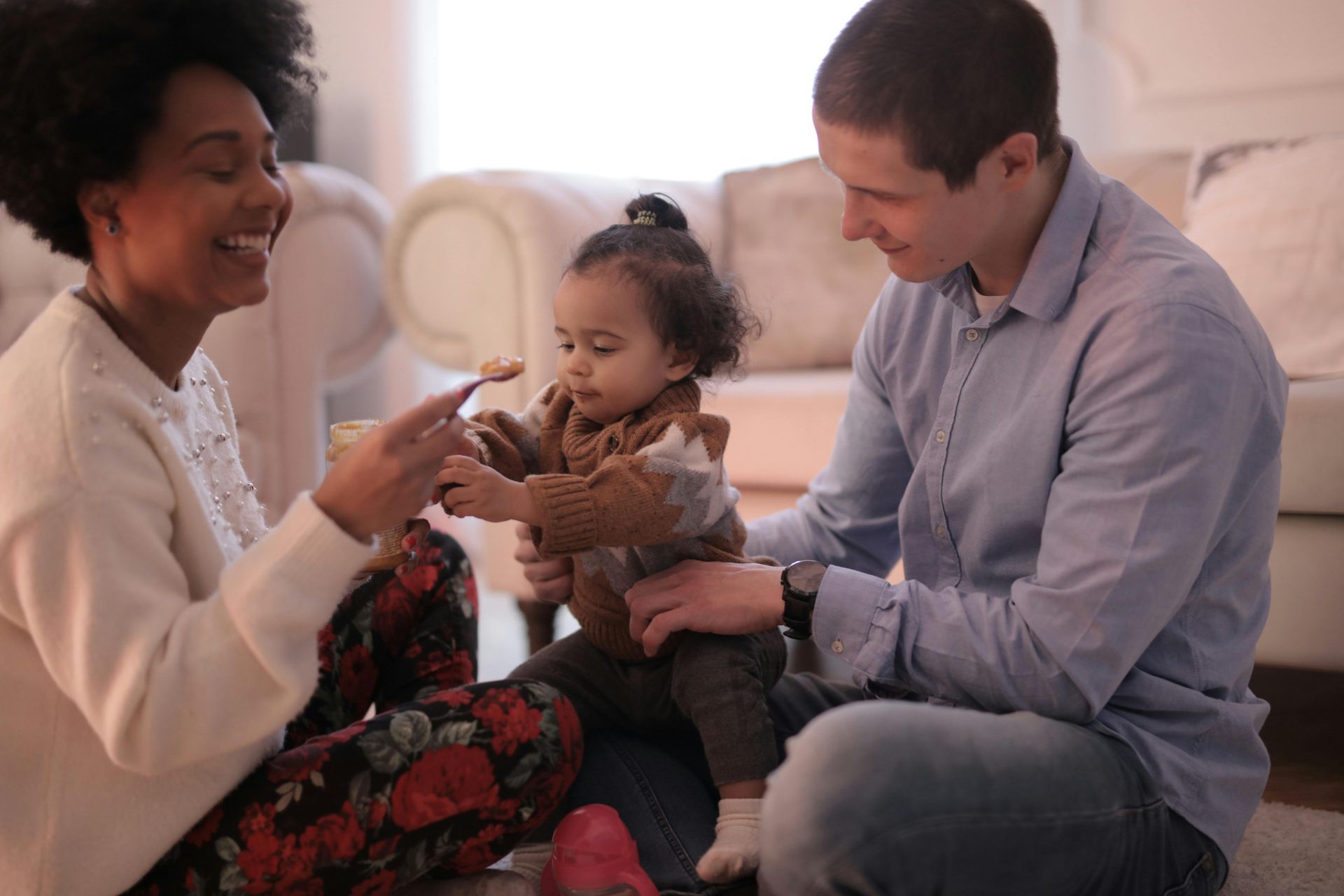About the Episode:
In this episode, Dr. Mark Hauser, author of Vulnerable Minds: The Harm of Childhood Trauma and the Hope of Resilience, discusses the impact of childhood trauma and the importance of understanding adverse childhood experiences (ACEs). He introduces the concept of the five T's framework (type, timing, tenure, turbulence, and toxicity) to understand how to respond to them and highlights the need for professionals and parents to be trauma-informed and aware of how childhood trauma can affect parenting. This conversation also touches on the role of screens in children's lives and the importance of being mindful of their impact.
Episode Takeaways:
- About the Book:
- A new, hopeful pathway to understanding children’s trauma and providing effective interventions to build healthier communities. Each year at least a billion children around the world are victims of adverse childhood experiences (ACEs) that range from physical abuse to racial discrimination to neglect and food deprivation. The brain plasticity of our most vulnerable makes the adverse effects of trauma only that much more damaging to mental and physical development. Those dealt a hand of ACEs are more likely to drop out of school, have a shorter life, abuse substances, and suffer from myriad mental health and behavioral issues.
- The crucial question is: How do we intervene to offer these children a more hopeful future? Neurobiologist and educator Dr. Marc Hauser provides a novel, research-based framework to understand a child’s unique response to ACEs that goes beyond our current understanding and is centered around the five Ts—the timing during development when the trauma began, its type, tenure, toxicity, and how much turbulence it has caused in a child’s life. Using this lens, adults can start to help children build resilience and recover—and even benefit—from their adversity through targeted community and school interventions, emotional regulation tools, as well as a new frontier of therapies focused on direct brain stimulation, including neurofeedback and psychedelics.
- While human suffering experienced by children is the most devastating, it also presents the most promise for recovery; the plasticity of young people’s brains makes them vulnerable, but it also makes them apt to take back the joy, wonder, innocence, and curiosity of childhood when given the right support. Vulnerable Minds is a call to action for parents, policymakers, educators, and doctors to reclaim what’s been lost and commit ourselves to our collective responsibility to all children.
- Understanding the five T's framework (type, timing, tenure, turbulence, and toxicity) can help professionals and parents better understand the response to adverse childhood experiences (ACEs).
- Being trauma-informed and aware of childhood trauma can help parents avoid re-traumatizing their children and provide appropriate support.
- The impact of screens on children should be considered on a case-by-case basis, weighing the benefits and trade-offs.
- Awareness of childhood trauma can help parents recognize and address any unconscious patterns of parenting that may be influenced by their own traumatic experiences.
- The conversation around mental health and trauma is evolving, and it is important to find a balanced approach that avoids stigmatization while also ensuring accurate diagnosis and support.
More Blogs on this Topic:
- The One Thing That Will Fix it All
- I Took My Autistic Daughter to See Taylor Swift in Tokyo. She Was Way More "Ready for It" Than I Was
- An Open Letter to Summer Camp Scheduling Season
More Podcast Episodes on this Topic:












